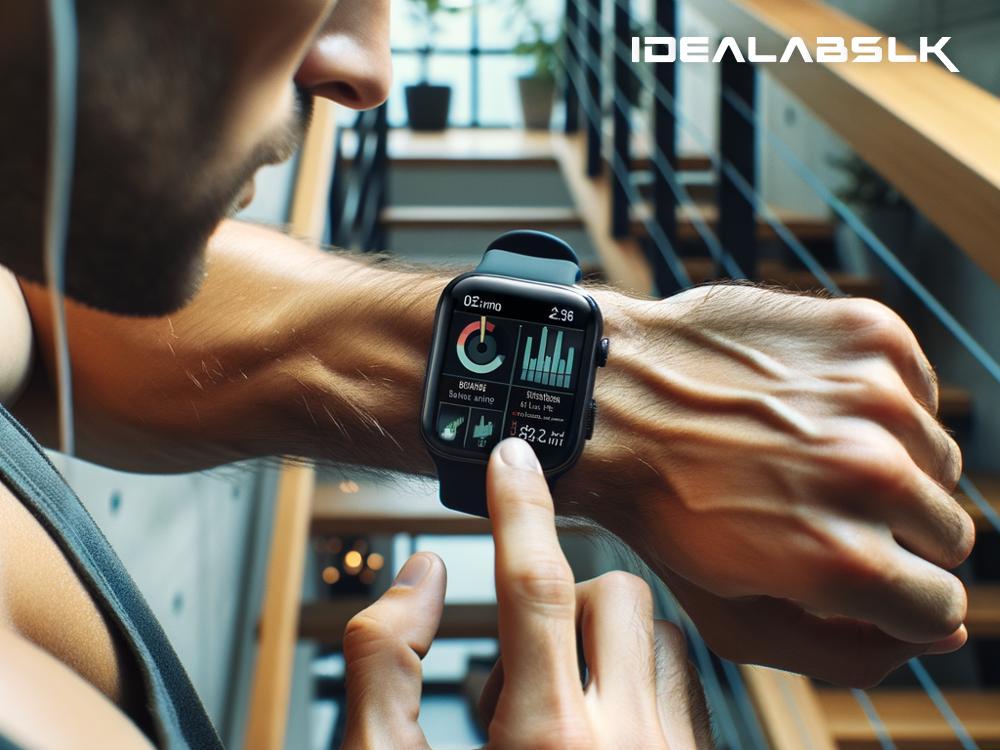The Future of Predictive Analytics in Fitness Apps: A Simple Guide
In the realm of health and fitness, technology has been a game-changer, bringing about innovations that were once thought to be the stuff of science fiction. Among these advancements, fitness apps have taken center stage, offering users a way to track their progress, set goals, and get personalized workout and nutrition plans. However, as we look to the future, one thing is clear: predictive analytics is set to revolutionize fitness apps, making them smarter and more personalized than ever before.
What is Predictive Analytics?
Before we dive into the future, let's break down what predictive analytics actually means. In simple terms, predictive analytics uses past and current data to make predictions about future events or behaviors. It involves the use of algorithms and machine learning techniques to identify patterns and predict outcomes. When applied to fitness apps, predictive analytics can analyze your past workout performance, nutrition, and even sleep patterns to forecast how your fitness journey will progress and what changes you could make for better results.
Personalization at Its Core
The core of the future of fitness apps lies in personalization. Imagine a fitness app that not only tracks your activities but also predicts when you're likely to hit a plateau in your weight loss journey or suggests the best time of day for you to work out based on your energy levels throughout the week. This is what predictive analytics promises - a fitness app that understands you better than you understand yourself.
Injury Prevention and Recovery
One of the most exciting prospects of predictive analytics in fitness apps is its potential for injury prevention and recovery. By analyzing your workout intensity, frequency, and form, these apps could predict when you're pushing too hard or performing an exercise incorrectly, potentially leading to injury. They could then suggest modifications or rest days to prevent harm. Similarly, for those recovering from injury, predictive analytics could tailor rehabilitation exercises that optimize recovery without risk of re-injury.
Nutritional Guidance
Nutrition is a critical component of fitness, and predictive analytics can significantly enhance how fitness apps provide nutritional guidance. By examining your dietary habits, fitness goals, and even genetic predispositions, these apps could predict which foods might help you improve your performance, lose weight more effectively, or gain muscle mass. This goes beyond generic diet plans, offering personalized nutrition advice that evolves as your fitness journey progresses.
Motivation and Engagement
Staying motivated can be one of the biggest challenges in achieving fitness goals. Predictive analytics could transform how fitness apps keep you engaged and motivated. By predicting when you're likely to skip a workout or feel demotivated, these apps could provide timely encouragement, reminders, or motivational messages to help keep you on track. They could even suggest changing up your workout routine before you hit a boredom plateau, keeping your fitness journey fresh and exciting.
Community and Competition
Fitness is often more fun and effective with a bit of healthy competition or community support. Predictive analytics could enhance social features in fitness apps, connecting you with workout buddies who have similar fitness levels, goals, and schedules. It could also predict fitness challenges or competitions you're likely to enjoy and succeed in, making the fitness journey more social and engaging.
The Challenges Ahead
While the future of predictive analytics in fitness apps is undoubtedly exciting, there are challenges to navigate, particularly regarding data privacy and accuracy. For these apps to accurately predict outcomes, they require access to a vast amount of personal data. Ensuring this data is collected, stored, and used securely and ethically will be paramount. Additionally, the predictions made by these apps will need to be incredibly accurate to be useful and avoid leading users astray.
Conclusion
The future of predictive analytics in fitness apps holds immense promise, offering a level of personalization and smart functionality that could make achieving health and fitness goals more attainable for everyone. As technology continues to evolve, the key will be balancing innovation with responsibility, ensuring these advancements benefit users safely and effectively. The journey towards a fitter, healthier future is on the horizon, and predictive analytics is set to be the guiding star.

